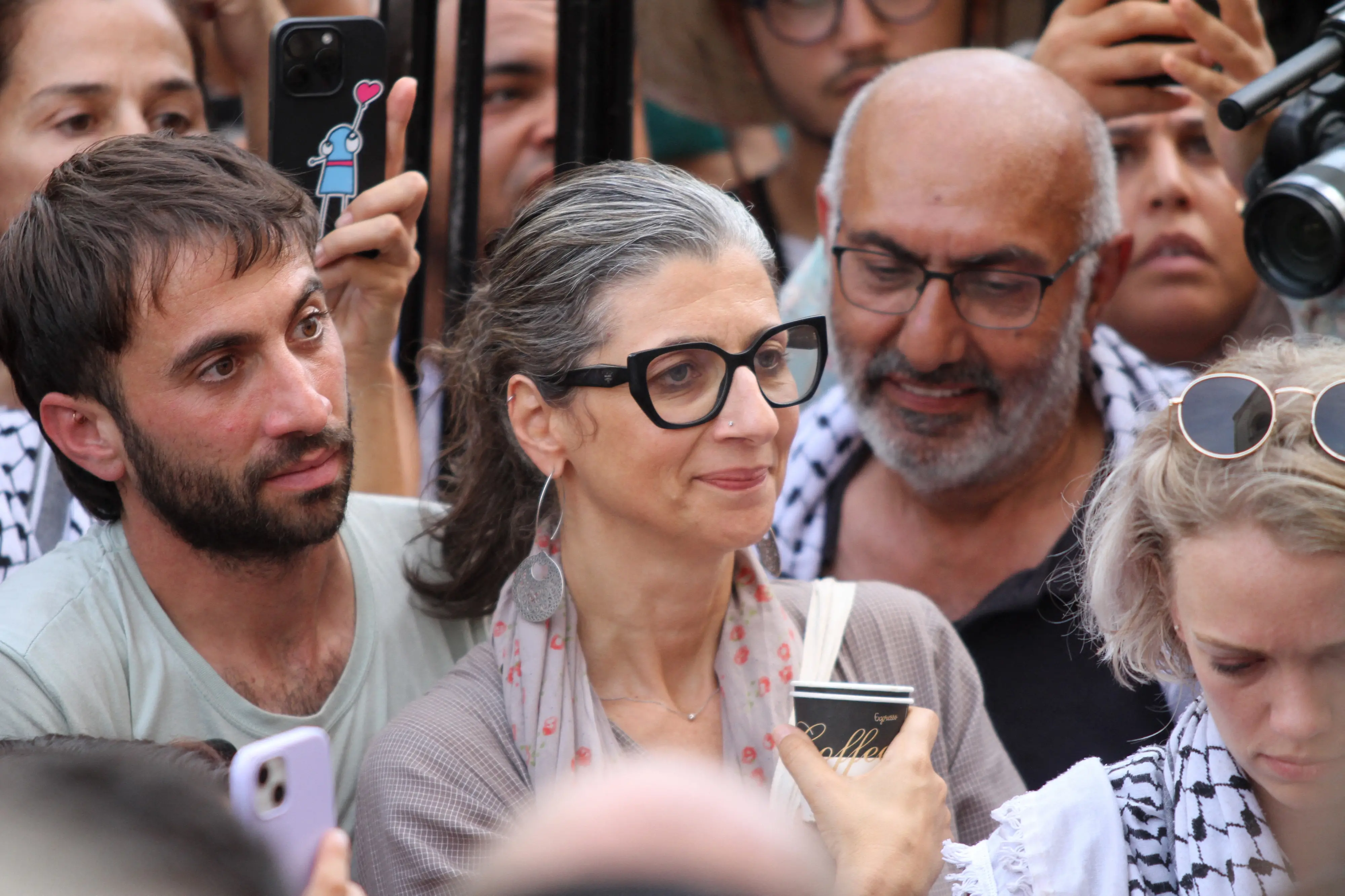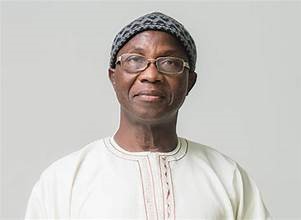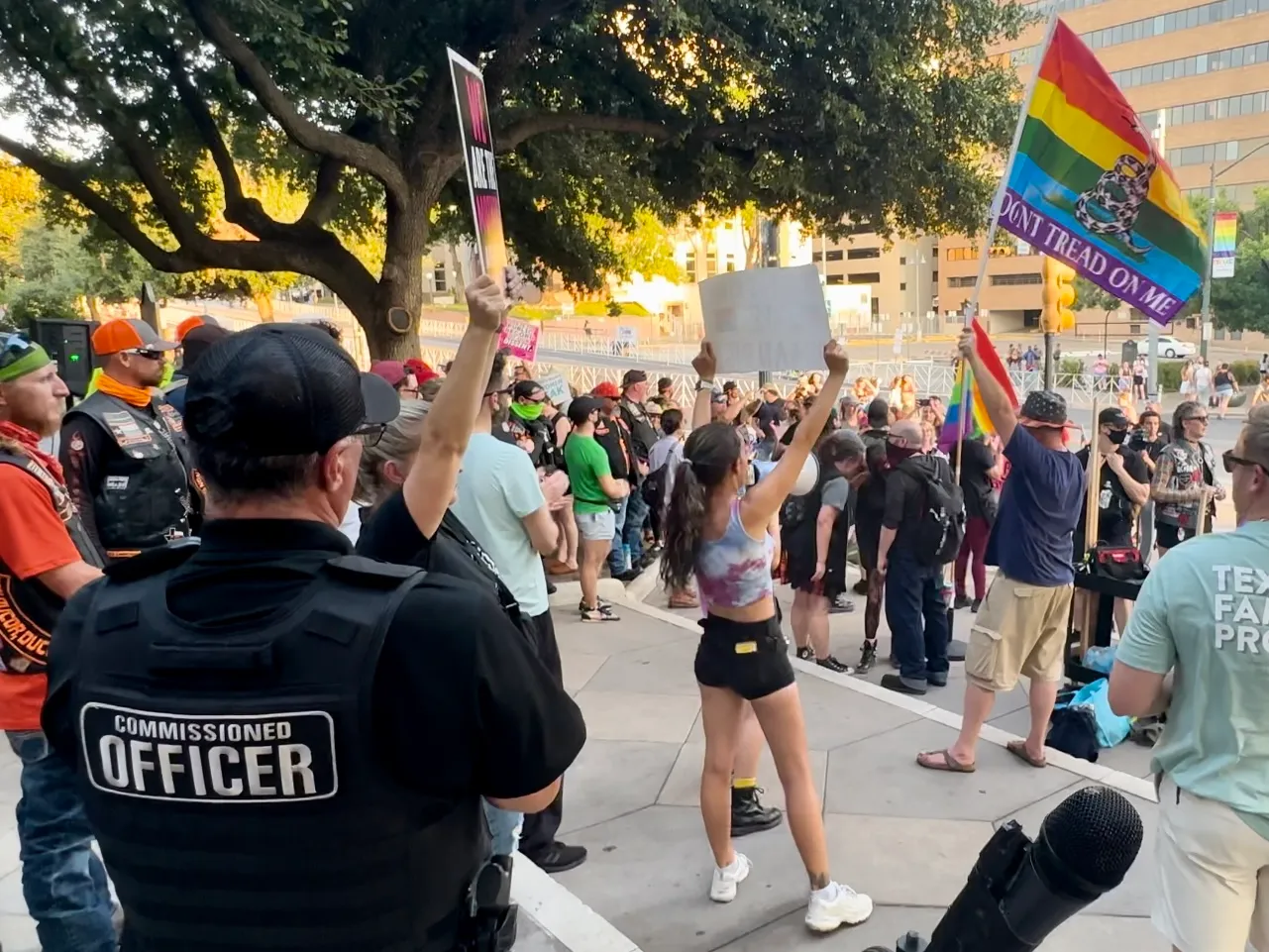By Avraham Shalev,Eugene Kontorovich
Copyright thejc

International law has become the central framing device in debates about Israel and the post-October 7 wars. This has elevated purported international law experts to influence and prominence, much as the COVID pandemic empowered public health experts. Since most people are not lawyers – let alone international lawyers – claims presented as expert consensus are hard to dismiss. Yet the public international law academy has become indistinguishable from radical anti-Israel activism. Standards of rigor and substantiation have been abandoned, and radical political actors have been embraced. That politicisation reached a new peak when a United Nations inquiry accused Israel of “genocide” – contorting the law so far that Israel’s right of self-defence is recast as a crime. That same mindset was evident just last week at the prestigious annual conference of the European Society for International Law (ESIL) – perhaps the world’s most significant academic professional association for international law. It is a particularly striking example of how deeply the discipline has been politicised, precisely because ESIL enjoys such prestige. A session of the conference, held at the Free University of Berlin, hosted as a keynote speaker Francesca Albanese, the UN special rapporteur for the Palestinian territories. Albanese is not an academic. She is under US State Department sanctions for promoting political and economic warfare against Israeli and American officials and companies. She has defended Hamas as a “political organisation,” cast doubt on the sexual violence perpetrated in the October 7 attacks, retweeted comparisons of Netanyahu to Hitler, and was the subject of an internal UN investigation into allegations that pro-Palestinian lobbying groups funded some of her trips. Her talk focused on accusing Israel of “genocide,” which was presented as an absolute fact. There were no speakers, or audience members for that matter, who questioned her framing – despite leading democracies from the United States to, just recently, the United Kingdom, firmly rejecting the accusation. While her panel was a side-event at the conference, ESIL publicly defended her participation as part of an “academic discussion on difficult and pressing questions in international law.” Yet none of the other panelists came with a different perspective or questioned her assumptions. Indeed, there was no pushback from anyone in the audience, a testament to the echo chamber “international law” has become. A recent public letter concluding that Israel was not in any way committing genocide has been signed by over five hundred legal scholars, historians and other experts. By shutting out these voices while celebrating a political activist against Israel, ESIL sends a clear message to young scholars seeking to make careers in the highly competitive field: do not defend Israel regardless of the truth, if you want to be invited to conferences, have your work published, and get a job. Eyal Weizman, an architect and Albanese’s co-panelist, pointed to Israel’s destruction of hospitals in Gaza as proof of genocidal intent against Palestinians. Yet under international law, hospitals lose their civilian protection when used for military purposes – a point not raised by anyone at this international law convention. Hamas’s exploitation of Gaza’s hospitals is well documented, with al-Shifa hospital serving as Hamas’s base of operations. Freed Israeli hostages Yarden Roman-Gat and Mia Shem recounted being hidden in and beneath medical facilities during their captivity. Similarly, Albanese decried the destruction of mosques and universities as “disrespect for international law,” though these can also be targeted when used for military purposes, as the US and UK have done in Iraq. She claimed Israel lacks the right to self-defence enshrined in UN Charter Art. 51. She referred to Israel as “the occupying power of historical Palestine,” outright rejecting the Jewish state’s right to exist within any borders, and derisively called the IDF the “Israel Occupation Forces.” Palestinian casualty figures were grossly inflated and then cited as per se proof of genocide. Albanese asserted that “85% of the killings are not Hamas-related deaths.” That is a misrepresentation of reports that Israel has been able to identify by name 15% of the casualties as Hamas members, but the law of war does not require an army to know the names of combatants it targets. The IDF has reported killing17,000 to 20,000 Hamas fighters, suggesting that a substantial portion – potentially close to 50% based on total reported deaths exceeding 40,000 as of mid-2025 – are military targets. Despite ESIL’s status as a supposedly staid, apolitical academic organisation, the speakers praised illegal actions and groups. Weizmann mentioned his “partners Al-Haq, PCHR, al-Mezan”. In 2021, the Israeli Ministry of Defence designated al-Haq a terrorist organisation, working on behalf of the Popular Front for the Liberation of Palestine (PFLP). In early September, the United States imposed sanctions on Al-Haq, PCHR and al-Mezan. Weizman also praised Palestine Action’s break-in and vandalism of Elbit offices. In July, the British government banned Palestine Action, stating that the group is “not a non-violent organisation” and has a history of “unacceptable criminal damage.” Another demonstration of the dogmatic nature of contemporary international law is that ESIL not only embraced Albanese, it organised a separate panel on how “academic freedom is under pressure” because of a supposed crackdown on pro-Palestinian views that undermines “conditions for a robust discourse on international law.” Academia focusses on testing and challenging propositions. The Berlin ESIL event was free of any of that. This isn’t scholarship; it is activism masquerading as expertise – and it has, regrettably, seeped into much of the discipline. Prof. Eugene Kontorovich teaches at George Mason University Scalia Law School, and is a senior scholar at the Kohelet Policy Forum, where Adv. Avraham Russell Shalev is a senior fellow specialising in international public law.



